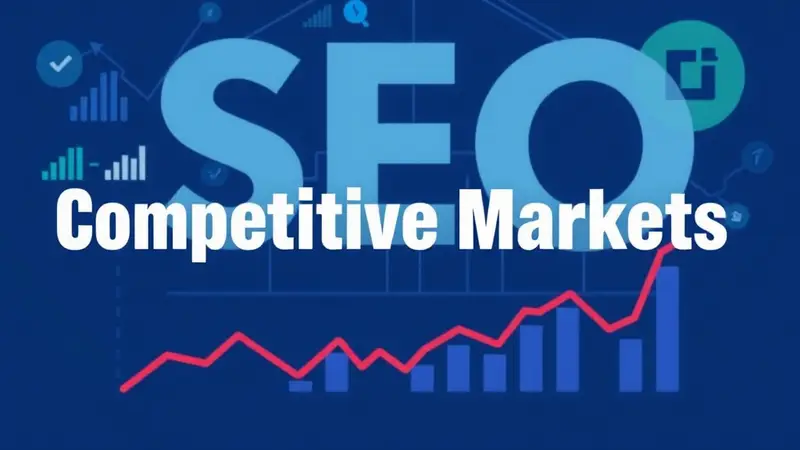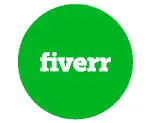Why Headlines Matter More Than Ever
This guide will teach you how to write irresistible, click-worthy headlines that attract readers and encourage them to take action. From understanding the psychology behind effective headlines to actionable formulas, you’ll find everything you need to create attention-grabbing titles.
The Psychology Behind Great Headlines
Effective headlines are rooted in human psychology. Here’s why they work:
Curiosity Drives Clicks
People are naturally curious. A well-written headline teases the reader with just enough information to spark intrigue.
- Bad: “Tips for Better Marketing”
- Good: “10 Marketing Tips You Haven’t Tried Yet (But Should!)”
The Promise of Value
Readers want to know what’s in it for them. A headline that conveys clear benefits, such as saving time or solving a problem, is more likely to get clicks.
- Example: “Save 5 Hours a Week with These Time Management Hacks”
FOMO (Fear of Missing Out)
When people feel they might miss something valuable, they’re more likely to click.
- Example: “The 7 Strategies Your Competitors Are Using to Dominate Right Now”
Emotion and Power Words
Using emotional and powerful language makes your headline stand out. Words like “amazing,” “unbelievable,” “guaranteed,” or “free” evoke a strong response.
Proven Formulas for Writing Headlines
Not all headlines are created equal. Here are some tried-and-tested formulas:
The How-To Headline
These headlines promise actionable advice.
- Example: “How to Double Your Instagram Followers in 30 Days”
List Headlines
People love lists because they’re scannable and promise structured information.
- Example: “15 Copywriting Hacks That Will Skyrocket Your Sales”
Question Headlines
Engage readers by asking a question they want answered.
- Example: “Are You Making These 5 Common SEO Mistakes?”
Number + Adjective + Promise
Combine numbers with descriptive language for maximum impact.
- Example: “10 Simple Tricks to Write Headlines That Convert”
Curiosity-Piquing Headlines
These headlines leave enough unsaid to make readers click.
- Example: “Why 80% of Blogs Fail (and How Yours Can Succeed)”
Negative Headlines
Sometimes, the fear of loss is a stronger motivator than the promise of gain.
- Example: “Stop Writing Headlines That Nobody Clicks On”
Emma’s Journey to Headline Success
Meet Emma, a small business owner who runs a blog on sustainable living. Despite her passion, Emma struggled to get readers to engage with her content. Her bounce rates were high, and her site felt like a ghost town.
Challenges
- Weak, generic headlines like “Ways to Be More Eco-Friendly.”
- No clear strategy for grabbing attention.
Strategy
Emma revamped her approach to headlines using proven formulas:
- Switched from “Ways to Be More Eco-Friendly” to “15 Genius Ways to Go Green Without Breaking the Bank.”
- Experimented with curiosity-driven headlines like “What Happens When You Switch to a Zero-Waste Lifestyle?”
- Used power words and emotional triggers: “The Life-Changing Impact of Saying Goodbye to Plastic.”
Results
Within three months, Emma saw a 60% increase in page views and a 35% drop in bounce rate. Her content started ranking higher on Google because more people were engaging with it.
Challenges and Solutions
Running Out of Ideas
Use headline generators like CoSchedule or Answer the Public for inspiration. Study competitors’ headlines for trends.
Avoiding Clickbait
Always deliver on the promise of your headline. If your headline says “10 Tips,” ensure those tips are valuable and actionable.
Balancing SEO and Creativity
Incorporate target keywords naturally without sacrificing the headline’s appeal. For example, “SEO Tips for Beginners” can be rephrased as “10 SEO Tips Every Beginner Needs to Know.”
Tools and Tips for Writing Headlines
- Tools for Inspiration
- CoSchedule Headline Analyzer: Score your headline based on factors like readability and engagement.
- BuzzSumo: Find trending content in your niche and study their headlines.
- A/B Testing
Test different headlines to see which performs better. Tools like Optimizely can help. - Write Multiple Versions
Before settling on a headline, brainstorm at least 10 options. Then pick the one with the most impact. - Use Active Voice
Headlines with active verbs are more compelling. For example: “Transform Your Blog Traffic Overnight” instead of “Your Blog Traffic Can Be Transformed.”
Conclusion: Start Writing Headlines That Work
Your headline is the first impression your content makes—it’s worth the effort to get it right. By understanding your audience, leveraging proven formulas, and testing your headlines, you can significantly boost your click-through rates.
Start practicing today! Look at your most recent posts or content pieces and rewrite their headlines using the tips shared in this guide. Monitor the results, and soon you’ll see the power of a great headline in action.






